Artist Profile: Roger Broders
The legacy of Roger Broders’ poster design has made his name synonymous with French Art Deco travel posters. His artistic career, as a whole, spans from the early twentieth century, when he began contributing fashion and travel illustrations to Parisian magazines, through the 1950s, when he was a painter and book illustrator. But it was the advertising work he did between 1920 and 1933 for which he is best remembered—during this period, in which the Art Deco movement flourished and began to spread its influences across the artistic spectrum, he was designing posters.
Broders’ career is inextricably linked with his principal client, the Paris-Lyon-Méditerranée Railway (PLM). Over the course of thirteen years, he designed 65 posters for the company, advertising locales along their routes from Paris, through the Southeast of France, to the Côte d’Azur.
During this same period, he was also commissioned to design posters for other railway lines including: the Alsace and Lorraine Railway; Chemins de Fer de l’Etat; Indian State Railways; London, Midland & Scottish Railway and the Montreux-Oberland Bernois Railway.
In total, he designed fewer than 100 posters, and with the exception of just 13 of them (for car companies, real estate companies, banks, and lotteries), they were all travel oriented.
Although widely recognized for his landscapes, Broders’ most sought-after posters are those depicting people. His “most recognized creations stage elegant couples dressed in the latest fashion, drawn in a style that could have led him to produce fashion art for magazines, such as Vogue or La Gazette du Bon Ton . . . [these couples] promote the concept of luxury in fashion at each of [the] resorts”.1
Broders’ posters can be admired on several levels. Aesthetically, they are well-composed, colorful, appealing to the eye and evocative of certain times and places. But they are far from simple images. To look at his posters from a graphic design point-of-view is to see how he skillfully divides his compositions into planes of depth, with pronounced fore, middle and backgrounds, and also to recognize the great interplay between the colors and how he handles them along with light and shade to accentuate and delineate areas of the image.
For all of his prominence as a poster designer—his images were so innervating that “his graphic style and clean lines,” have been cited as an entire “renewal of the travel poster” genre—very little is known of Broders himself, with the historical record providing scant biographical information.2
Even the end of Broders’ career is shrouded in mystery. He continued illustrating books through the mid-1950s but is not known to have designed any posters after 1935. In 1938, all of the French railroad companies were merged into the Societé Nationale des Chemins de Fers, the S.N.C.F. It is hard to understand, even with the demise of the PLM, why a man of Broders’ talents and popularity would simply stop designing posters in 1935.
Of all the popular, prolific, talented and collected French Art Deco travel poster artists working in the 1920s and 30s, such as Pierre Commarmond, Roger Soubie and Julien Lacaze, none have achieved the same level of recognition as Broders. His style grew symbiotically along with the Art Deco movement and became, in its own right, a style associated with the time. His posters not only reflect the era but also, in large part, help us define it.
Related Reading:
A version of this Artist Profile was originally published in Swann’s 2011 catalogue for The Complete Poster Works of Roger Broders.
- Perry / Broders p. 12
- Broders p. 11
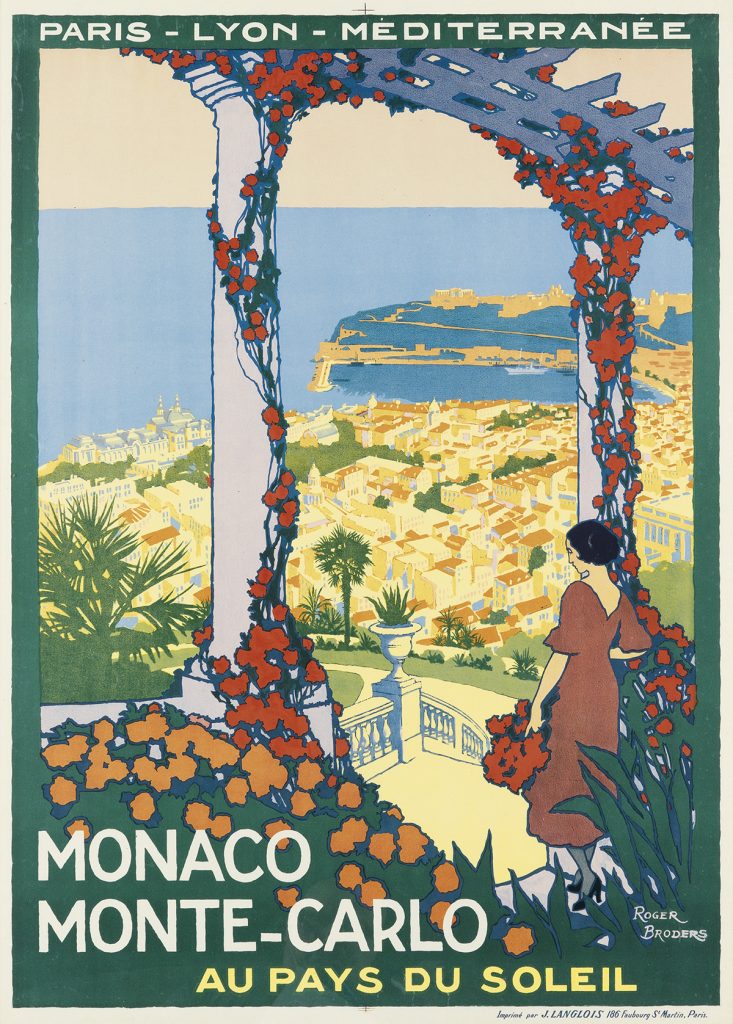
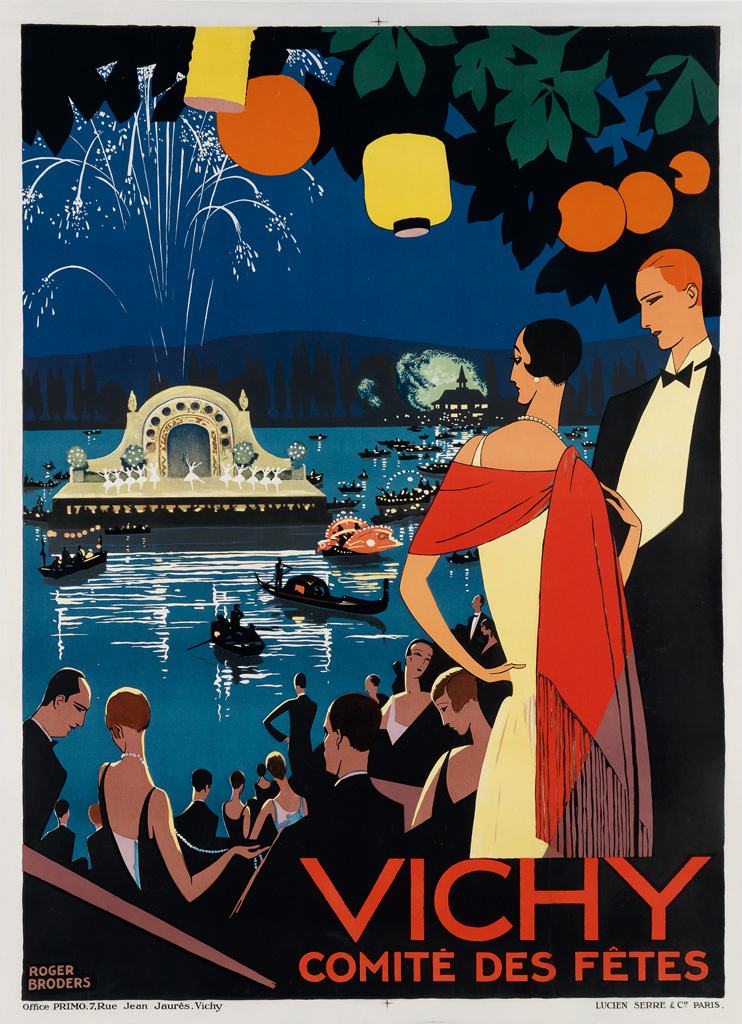
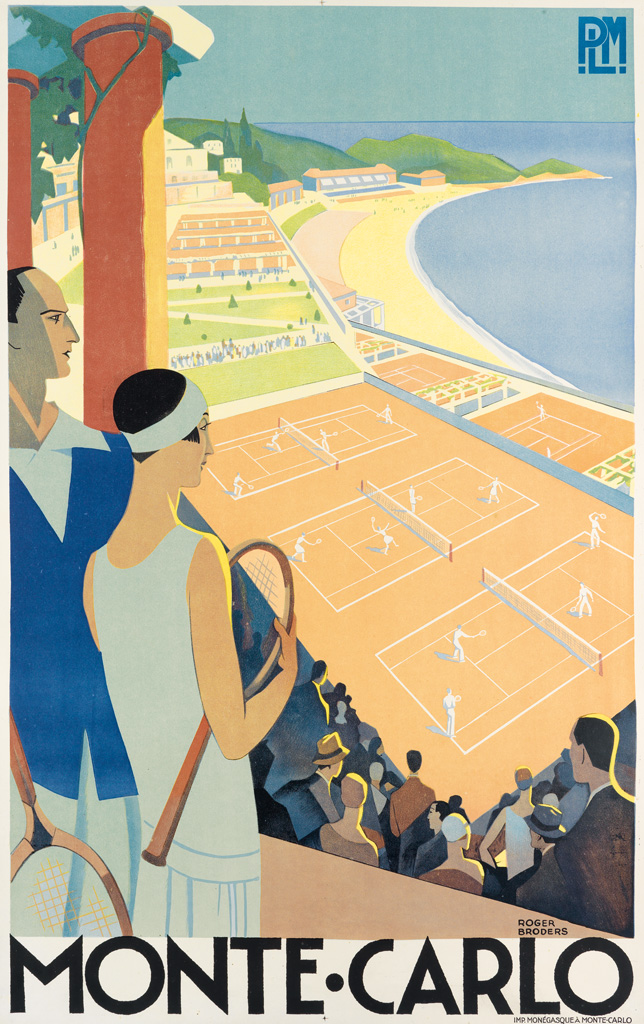
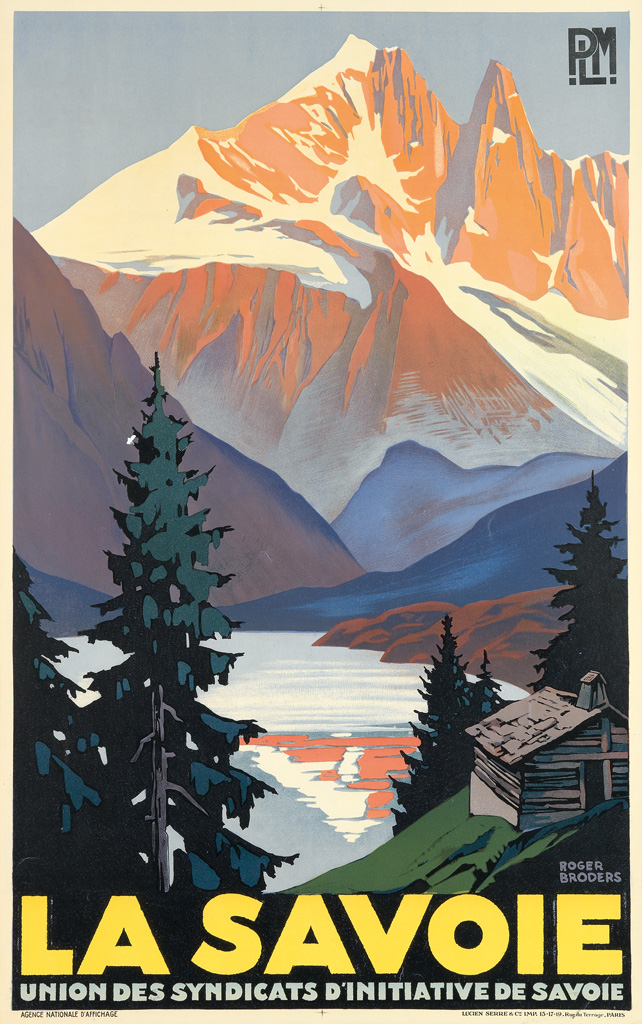
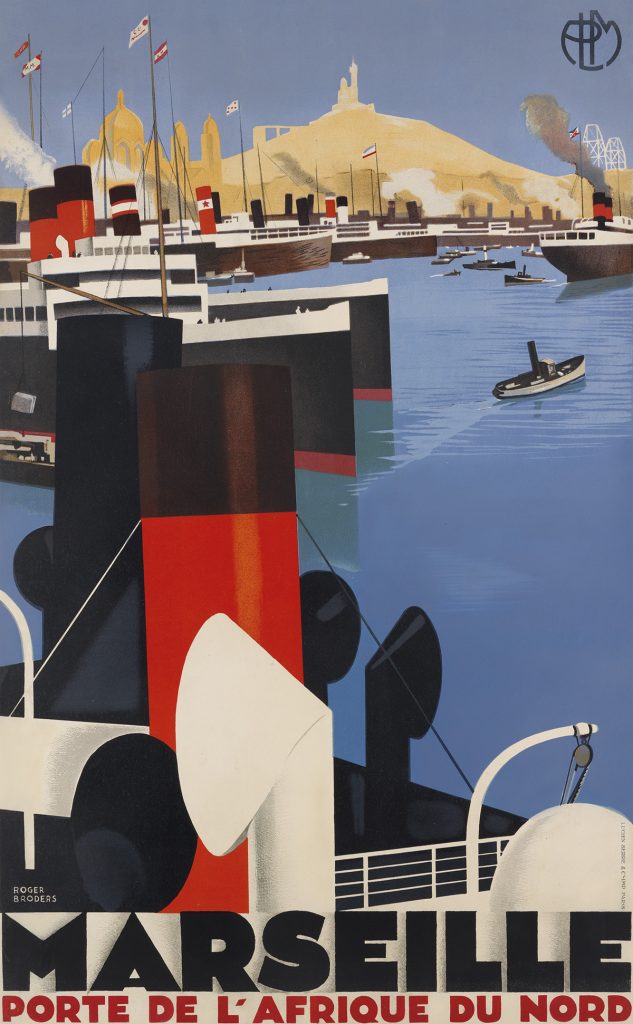
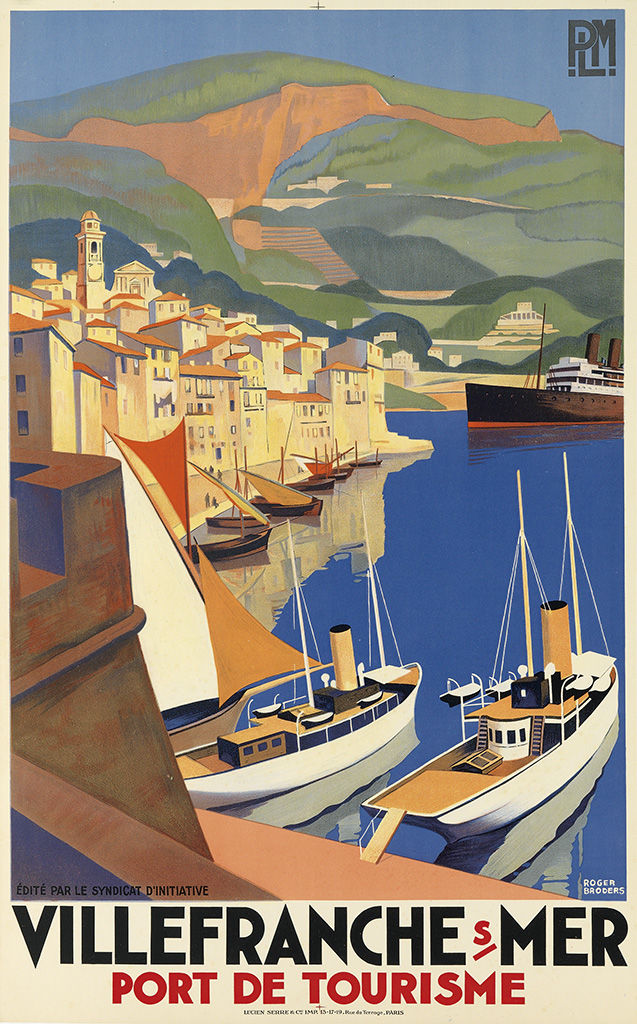
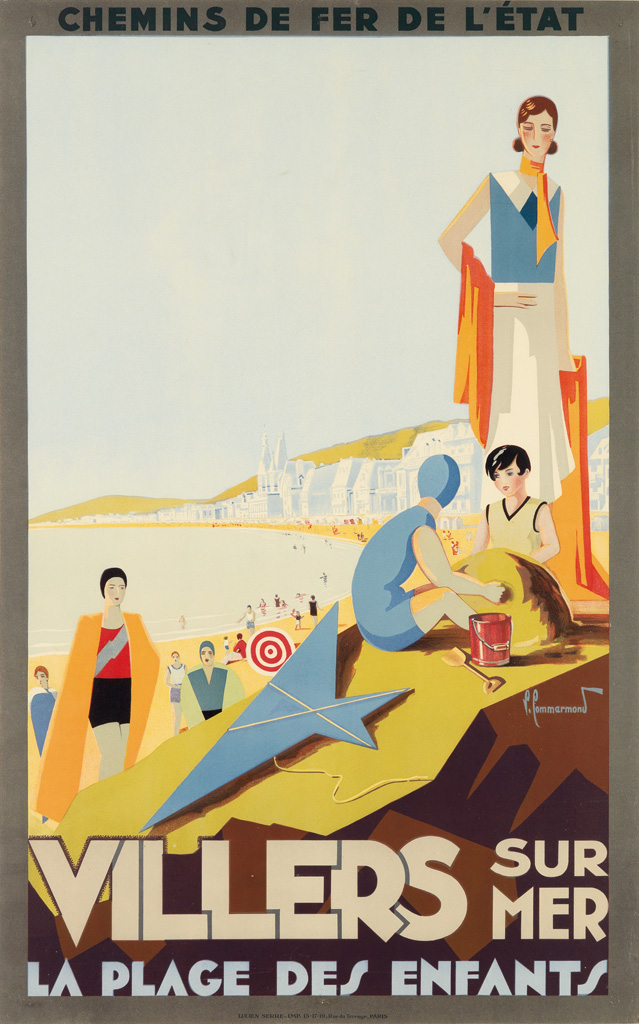
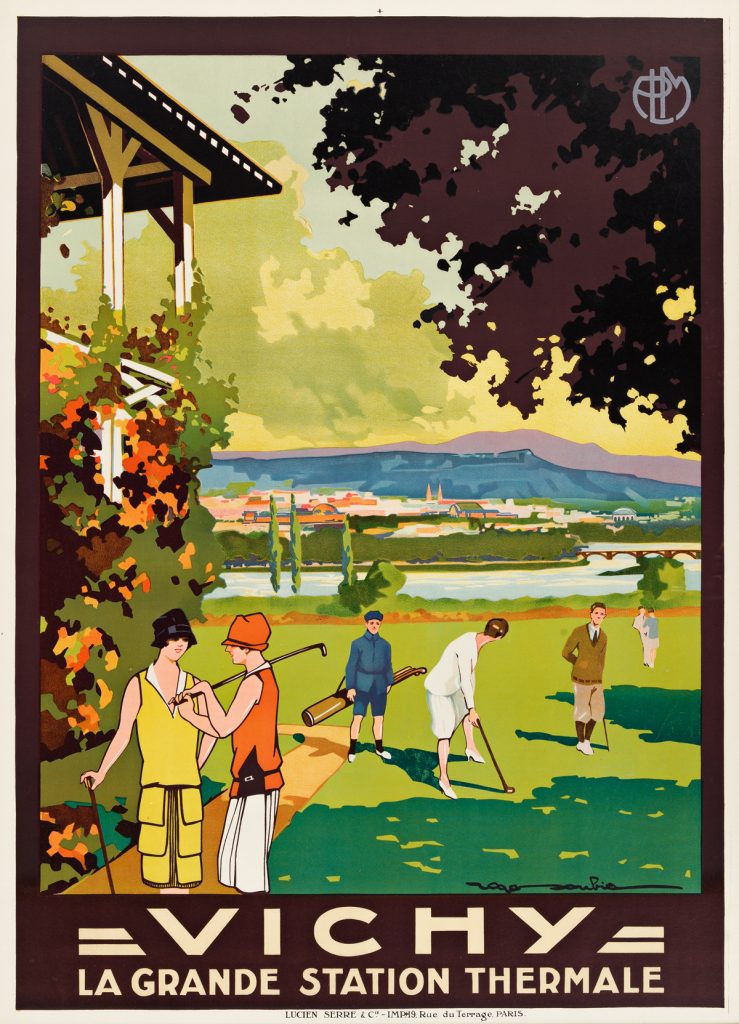
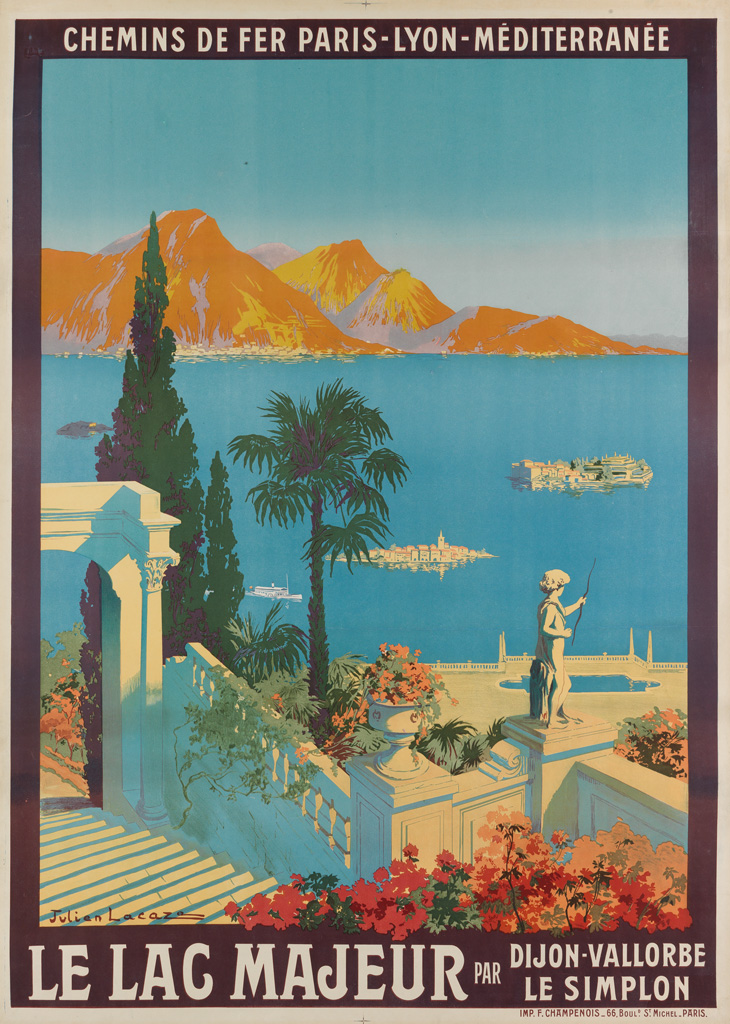
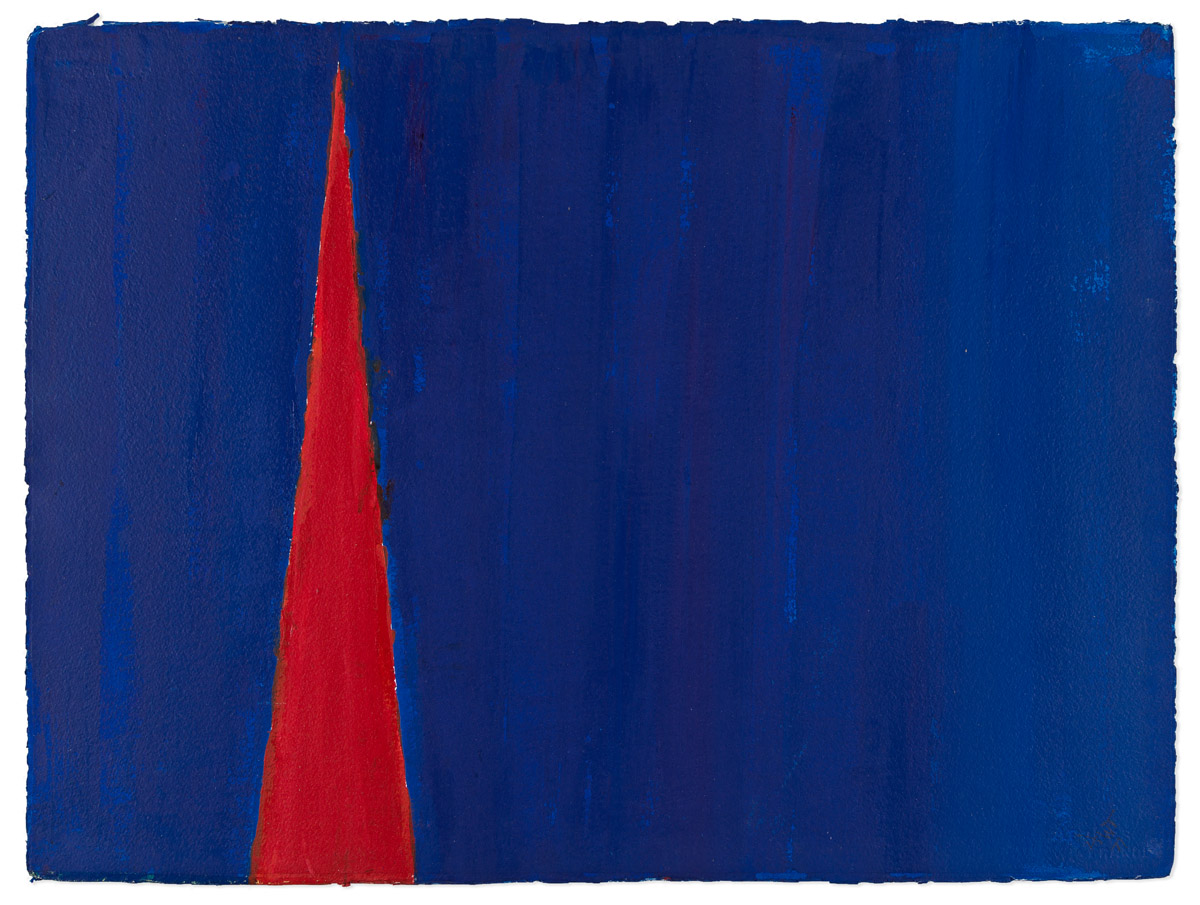
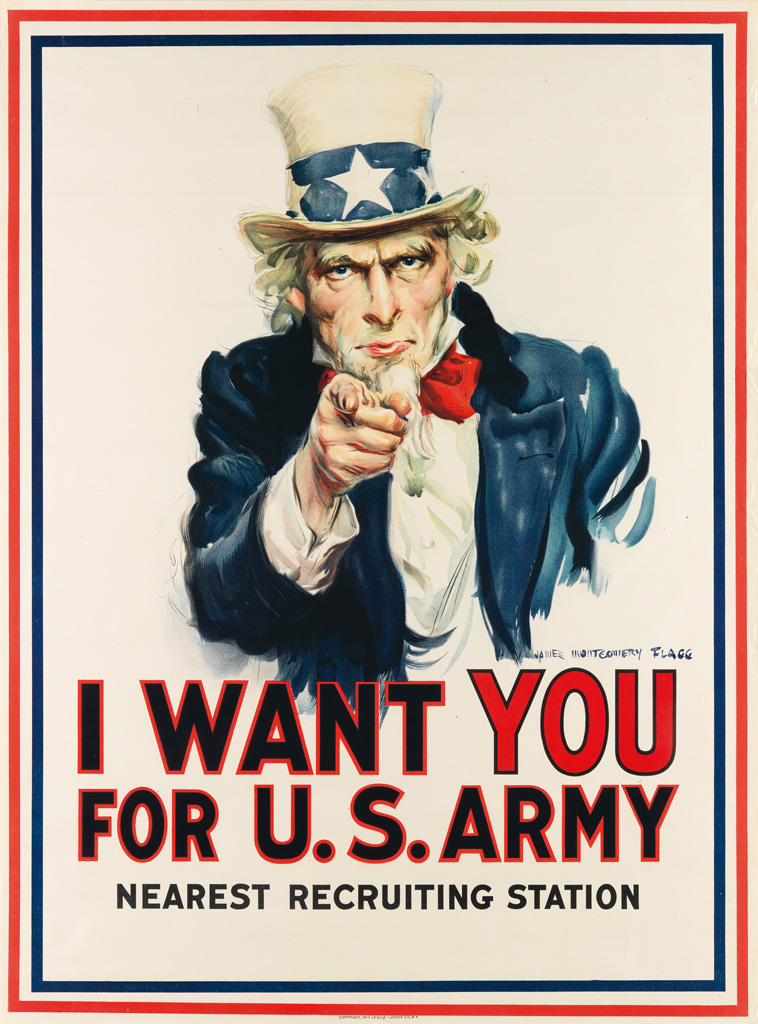
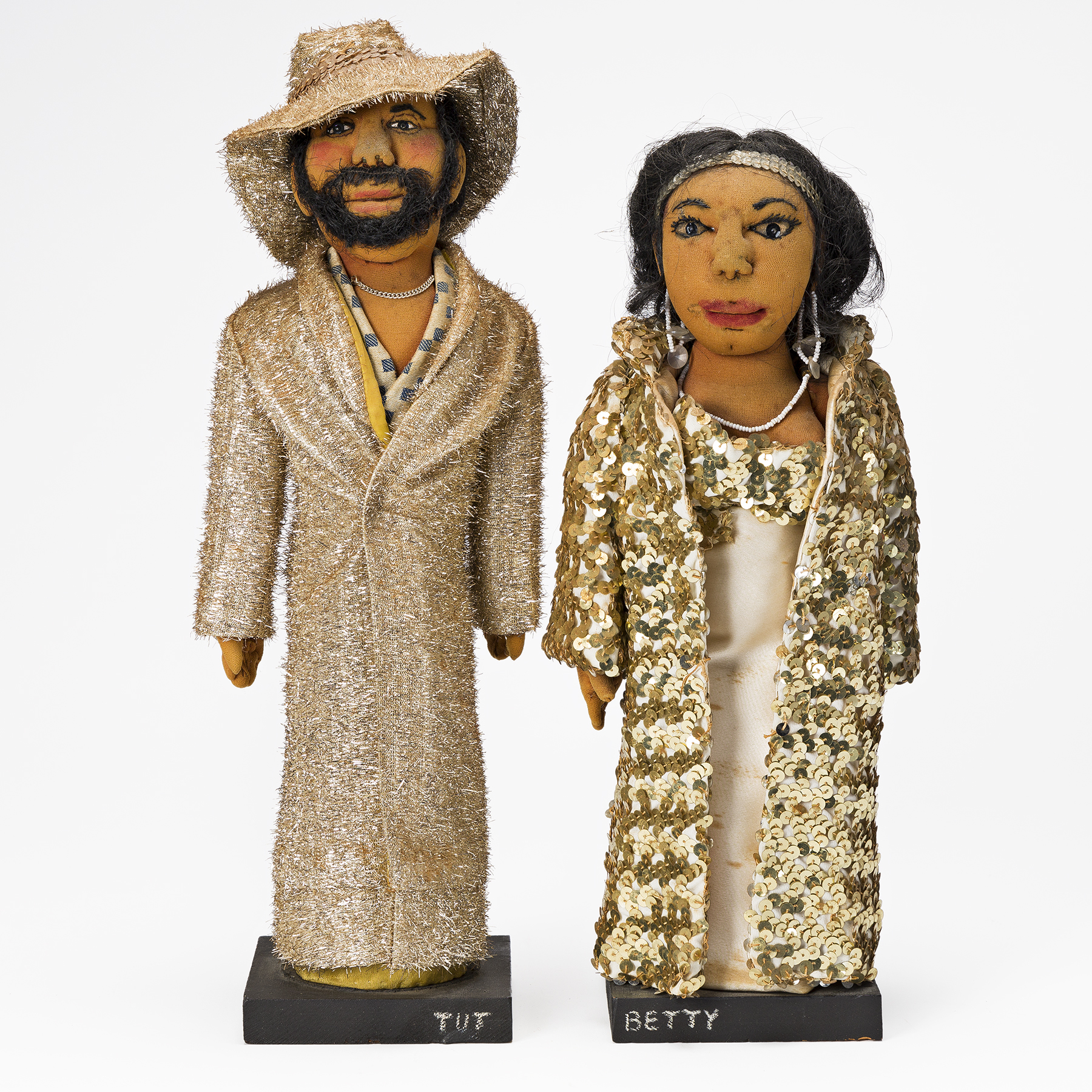













![Grace Meschery-McCormack shares about two copies of Fernando de Rojas’s ‘La Célestine,’ including a limited edition copy illustrated by Pablo Picasso.
At auction April 22. Learn more about the works at the link in our bio.
#Rarebooks #rarebookdealer #antiquarianbooks #auctions
_______________________________________
Music Credit:
Schubert - Piano Quintet in A major ‘The Trout’, D. 667 - IV. Andantino – Allegretto
Music provided by Classical Music Copyright Free on Youtube [https://tinyurl.com/visit-cmcf]
Watch: • Schubert - Piano Quintet in A major ‘...]](https://scontent-iad3-1.cdninstagram.com/v/t51.75761-15/491443494_18499096345036585_5935932878956098058_n.jpg?stp=dst-jpg_e35_tt6&_nc_cat=107&ccb=7-5&_nc_sid=18de74&_nc_ohc=QlZg0o3Vx4oQ7kNvwHlPDYS&_nc_oc=Admkx5CH3-5gNl9kFtE07uGBWzC1TrU8LutoXTk30m77fiWC0m2_oIjIUSQBbJE8mA8&_nc_zt=23&_nc_ht=scontent-iad3-1.cdninstagram.com&edm=AM6HXa8EAAAA&_nc_gid=ju2TRmN0KnKsf4JlFcpEDg&oh=00_AfKzdMkc_2wbmUBq_fezsk6a6rJsAdbvq5YETq9Dcmf5yQ&oe=6826C451)

